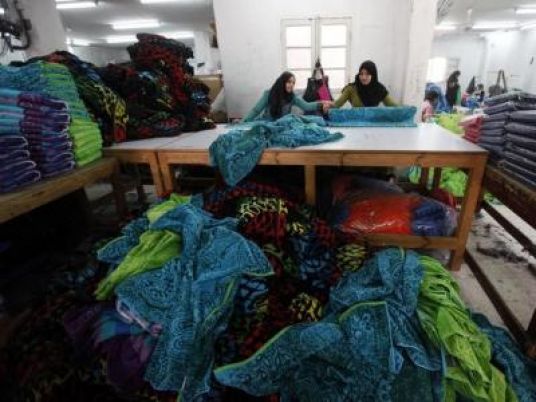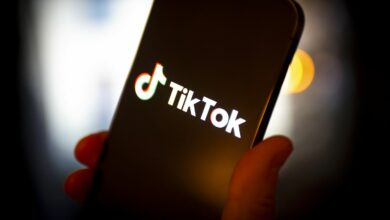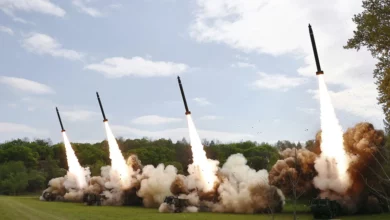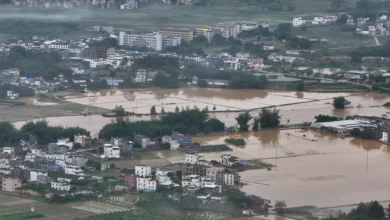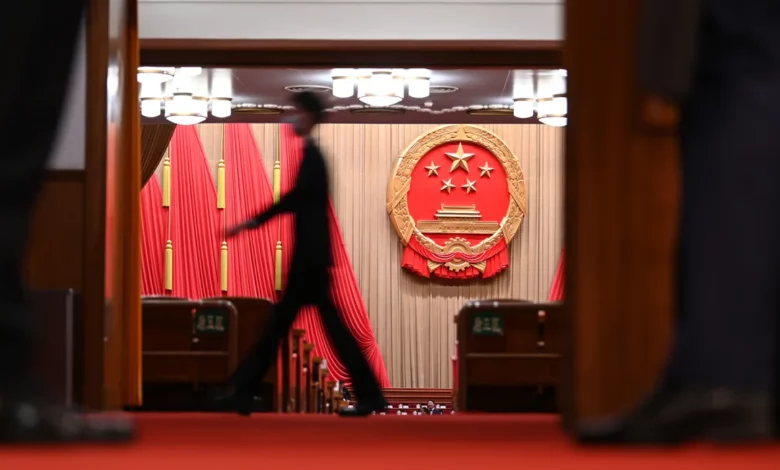
Editor’s Note: Sign up for CNN’s Meanwhile in China newsletter which explores what you need to know about the country’s rise and how it impacts the world.
As China grapples with a struggling economy and an intensifying tech war with the United States, its leaders had one message for the thousands of political elites gathering in Beijing: the country will stay the course in becoming a high-tech powerhouse under the helm of one man – supreme leader Xi Jinping.
That note of confidence was echoed throughout a week of highly choreographed meetings of China’s rubber-stamp national legislature and top political advisory body, which concluded Monday with a ceremony in the cavernous Great Hall of the People.
The event, held largely without Covid restrictions for the first time in years, is a rare chance for the world to glimpse into an increasingly opaque political system under Xi.
Here are the major takeaways from the gathering:
Tightening control
The closing day of the National People’s Congress legislature on Monday was missing a key event – a press conference conducted by the Chinese premier. For decades, this curtain-closing “two sessions” tradition had offered foreign media and the Chinese public a rare opportunity to get first-hand insight into the thinking of the country’s nominal No. 2 official, who is charged with running its economy.
However, Beijing made the surprise announcement that it was scrapping the event last week, in a move that generated concern among observers about the ever-shrinking transparency of the Chinese government.
The more recent tradition of collective leadership, a model that came to the fore after the chaos of Mao Zedong’s strongman rule, has taken a backseat once again under Xi. The Premier and his State Council, which functions as China’s cabinet, have been increasingly sidelined in recent years as Xi ramped up the party’s role controlling the government and the messages it sends.
That was further underscored on Monday, when delegates rubber stamped an update to a law governing the organization of the State Council. Observers say the changes further formalized the body’s role as carrying out the directives of the Chinese Communist Party.
High-tech push
An overarching theme of the gathering was a push to focus China’s economic model on technology innovation and transform the country into a high-tech powerhouse.
In an address last week Premier Li called for boosting “self-reliance and strength in science and technology,” spelling out a push to upgrade industrial supply chains and enhance China’s position as a high-tech innovator. That included a boost to China’s annual budget for science and technology by 10% to an unprecedented 370.8 billion yuan ($51.6 billion).
Also highlighted was a new policy buzzword “new quality productive forces,” a term coined by Xi last year to refer to high tech sectors such as new energy vehicles, artificial intelligence, renewable energy and advanced manufacturing – signifying the leader’s desire to push the country ahead in the global race for critical technologies.
The emphasis on self-reliance in science and technology comes after the United States tightened control over the export of cutting-edge technologies to China, especially in the field of AI, which Washington said could be used to strengthen the Chinese military.
On the sidelines of the “two sessions,” Foreign Minister Wang Yi accused the US of “devising various tactics to suppress China” and slammed Washington’s trade and tech controls as reaching “bewildering levels of unfathomable absurdity.”
Restoring economic confidence
The economy was in the spotlight this year as China has been roiled by a property sector crisis, hefty local government debt, deflation, a stock market rout and tech friction with the US — all fueling public frustration and a loss of investor confidence.
Chinese leaders presiding over the event were keen to project confidence in the economy, rolling out an ambitious economic growth target of around 5% for 2024, but without announcing any major stimulus measures to increase flagging consumption.
That appeared to disappoint investors who’d been closely watching the gathering – with Hong Kong’s Hang Seng Index tumbling 2.6% on Tuesday after the targets were announced. The index has fallen by about 1% so far this week and has lost nearly 20% over the past 12 months.
Li conceded in his remarks that hitting that target “will not be easy,” given that a Covid-battered 2022 had provided a lower base of growth for last year, but he also vowed that China would make industrial upgrading a priority while leaning into tech innovation.
No new appointments
The annual meeting of the National People’s Congress disappointed some observers who were hoping to see certain key personnel appointments made at this year’s gathering – a move that would fill senior State Council roles left vacant for months after an abrupt shake-up in the ranks of Xi’s hand-picked ministers.
Foreign Minister Qin Gang was abruptly removed from his post without explanation in July followed by the removal of Defense Minister Li Shangfu months later, also without explanation. Both men had first vanished from public view and have been replaced.
Some observers expected that Beijing could appoint a new Foreign Minister at this year’s gathering. The role has been filled, in what many expected to be a temporary capacity, by senior diplomat and former Foreign Minister Wang Yi since Qin’s ouster.
Two high-ranking posts in China’s cabinet previously occupied by Li and Qin remain open. But Beijing declined to fill those posts at this year’s event.

